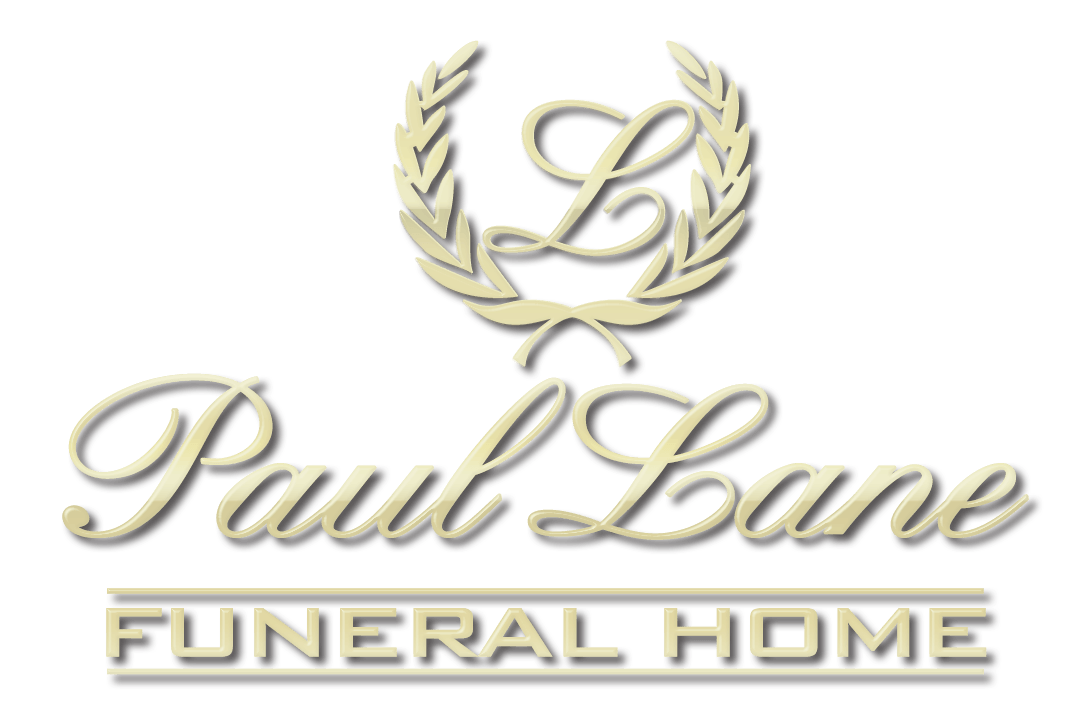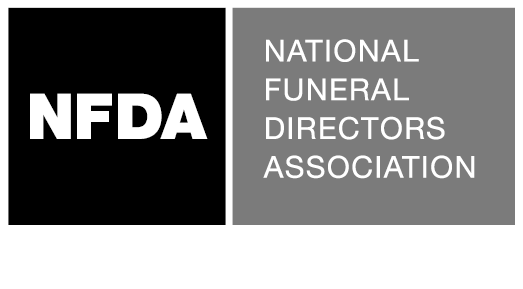Due to the current Coronavirus (COVID-19) outbreak, state regulations mandate
that total attendance is limited to 50 people (including staff) until further notice.
We will live stream the funeral services from the Photos and Videos page at the request of each family.
This situation is unprecedented. The rules, guidelines, and best practices that we follow are changing frequently. Please know that the current and future safety of you and our staff is of the utmost importance. Please contact us directly so we may discuss any of your concerns
and inform you of our current operating restrictions.
Thank you all for your co-operation and stay safe.
Advance Directives
Advance Directives
We spend a lot of time talking about the importance of living responsibly, which involves preparing for the realities of life. While we believe making the decisions involved in funeral pre-planning
is one reflection of a responsible mindset, we also know the critical importance of completing an advance directive.
What is an Advance Directive?
Sometimes called advance care directives, these document ensure that your wishes will be carried out in the future.
Defined as "a written statement of a person's wishes regarding medical treatment," advance directives, when properly signed and witnessed, will provide guidance for medical and health care decisions in the event the individual becomes incompetent and can no longer make such decisions.
Other Things to Know About Advance Directives
- Advance directives are legal throughout the United States.
- Governing laws vary so be sure to obtain an advance directive that complies with your state's laws.
- You do not need an attorney to complete an advance directive.
- If you reside in more than one state, you should complete an advance directive for each state where you spend a significant amount of time.
- There are no time limitations on advance directives. A signed advance directive remains in force until a new one is completed.
- Periodically review your advance directive to make sure it still reflects your desires. If it doesn't, don't try to amend it; simply complete a new one.
- Paramedics and emergency medical technicians cannot recognize or honor a living will or medical power of attorney. They are obligated to do their best to stabilize the patient and get them to the hospital. When you are in the care of hospital personnel, your advance directive becomes valid.
What's Involved in Preparing an Advance Directive?
It requires thoughtful introspection and conversation with family members. The American Bar Association describes the process this way: "Good advance planning for health care decisions is, in reality, a continuing conversation about values, priorities, the meaning of one's life, and quality of life."
There are many resources available online to assist and guide you in writing your Advance Directive.
Where to Obtain an Advance Directive Form
It's fairly easy to get a copy of the advance care directive form for your state. Your local hospital is a reliable source, as federal law requires every hospital to not only provide information about advance directives to people in their service area, they are also required to share valuable information about the related laws in your state. Contact your local hospital to learn more. Your family physician may also have advance directive forms available for patients.
You will need to have the advance directive witnessed and notarized. If you do not have access to a notary, you can find one using either of the following websites:
Once your advance directive is completed, signed, witnessed, and notarized, you may wish to upload a copy to your state's advance directive registry. This service allows healthcare providers quick access to your advance directive should they need it. Locate the advance directive registry for your state online or visit the website for the U.S. Living Will Registry.

Phone: 718-659-6260
115-33 Sutphin Boulevard
Jamaica
NY
US11434
Fax: 718-322-5326


